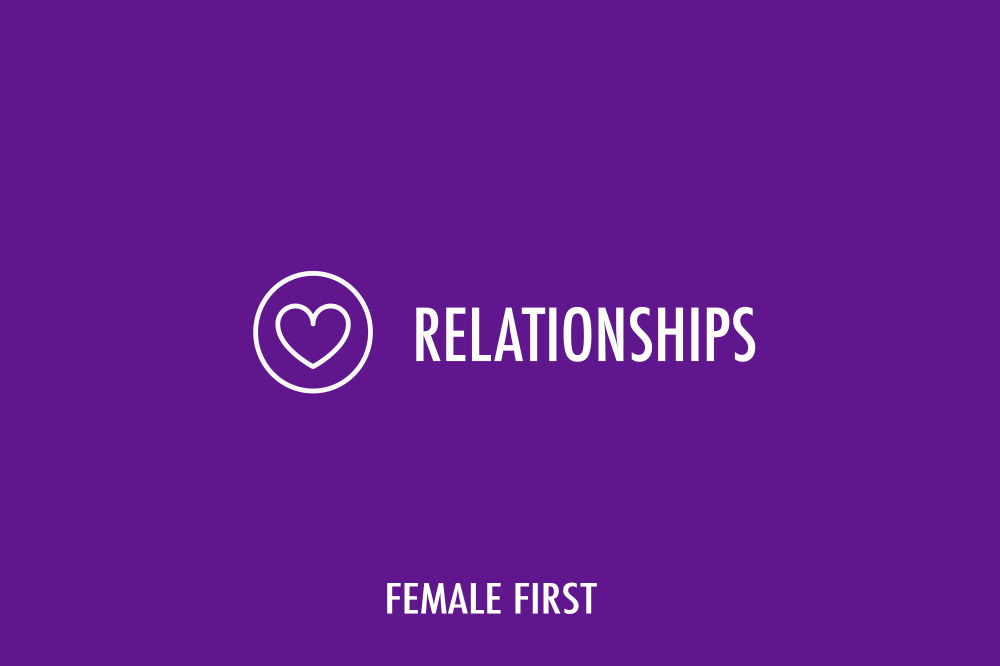Postnatal depression (PND) is a form of depression that is more likely to affect mums or dads in the first year of their baby's life. It can happen gradually or all of a sudden, and can range from being relatively mild to very hard hitting.

Relationships on Female First
In the same way as other forms of depression, it can affect a new mum or dad’s personal relationship with their baby, partner, older children, family and friends which can be extremely upsetting.
Shocking findings have recently been released from NCT as part of its ‘Hidden Half’ campaign to stop women suffering with maternal mental health issues alone. The study found that half (50%) of mothers experienced mental health problems at some time during pregnancy or within the first year of their child’s birth. These can include postnatal depression, anxiety, obsessive compulsive disorder (OCD), post-traumatic stress disorder (PTSD) and postpartum psychosis.
Also, while it is estimated that 10% of new mums suffer from PND; it is now also recognised that PND can be experienced by dads, sometimes called paternal depression, and either parent is likely to be affected by concern about the other.
It can be a very tough time, not just for the person suffering, but for those closest to them. If everyone is aware that the mum or dad needs support - and they have support too – it can make a big difference to everyone’s wellbeing.
How you can support a partner with postnatal depression:
- Encourage them to seek professional help: the six-week check with the GP is a good time to discuss emotional health and wellbeing, in addition to their physical recovery
- Encourage them to express their feelings: help them to find someone to talk to in-depth and reassure them that they will feel better
- Be supportive: it may be difficult, upsetting and frustrating to live with someone who has PND, but it's important not to blame them for how they are feeling and avoid being judgemental e.g avoid telling them to ‘pull themselves together’
- Keep visitors to a minimum: don’t let them feel too overwhelmed by having lots of people pop in while they are feeling low and you can also find ways to help make things easier, such as doing any chores, or holding baby while she gets some rest
- Show them lots of love: let them know you are there for them no matter what and will help them through their recovery
- Keep fit with them: encourage them to take some exercise each day, like go for a walk with the buggy or swimming - exercise has a positive effect on mood and sense of wellbeing
- Cook healthy meals: help ensure they are eating a balanced and nutritious diet
- Listen to their needs and be sensitive to them: reassure them that they will get better, and try not to take it personally if they are irritable with you
If you are unsure whether your partner is suffering from postnatal depression, here are some signs and symptoms to look out for. Mums and dad will experience postnatal depression differently and may go through one or more of the following symptoms:
- Feeling very low, or despondent, that life is a long, grey tunnel, and that there is no hope.
- Feeling guilty about not coping, or about not loving their baby enough.
- Being unusually irritable, which makes the guilt worse.
- Wanting to cry/cry a lot or even constantly.
- Having obsessive and irrational thoughts which can be very scary.
- Loss of appetite, which may go with feeling hungry all the time but being unable to eat.
- Comfort eating.
- Having difficulty sleeping: either not getting to sleep, waking early, or having vivid nightmares.
- Being hostile or indifferent to their partner and/or baby.
- Having panic attacks, which strike at any time, causing rapid heartbeat, sweaty palms and feelings of sickness or faintness.
- Having an overpowering anxiety, often about things that wouldn't normally bother them, such as being alone in the house.
- Having difficulty in concentrating or making decisions.
- Experiencing physical symptoms, such as headaches.
- Having obsessive fears about baby's health or wellbeing, or about themselves and other members of the family.
- Having disturbing thoughts about harming themselves or their baby.
- Having thoughts about death and/or suicide.
Parents’ charity NCT is calling for an improvement to the six-week postnatal check-up to reduce the number of mothers who don’t get diagnosed and treated properly
NCT is urging people to sign up to the Hidden Half campaign at www.nct.org.uk/hiddenhalf to make sure all women get the help they need. NCT's helpline offers practical and emotional support in all areas of pregnancy, birth and early parenthood: 0300 330 0700.
tagged in depression
